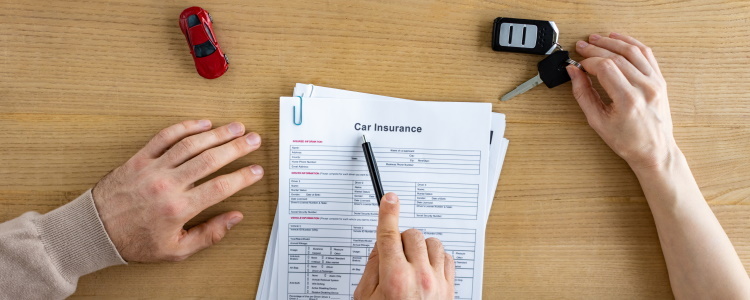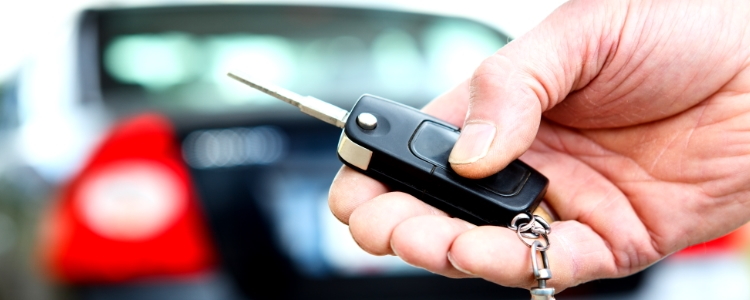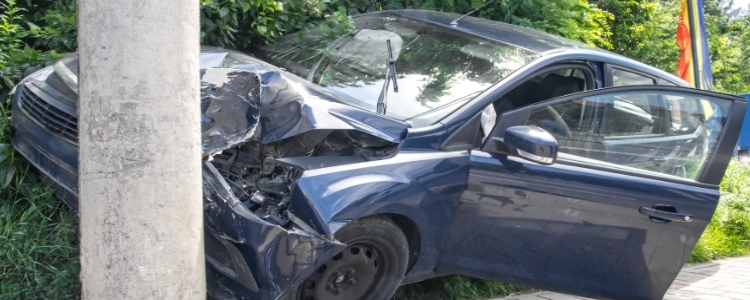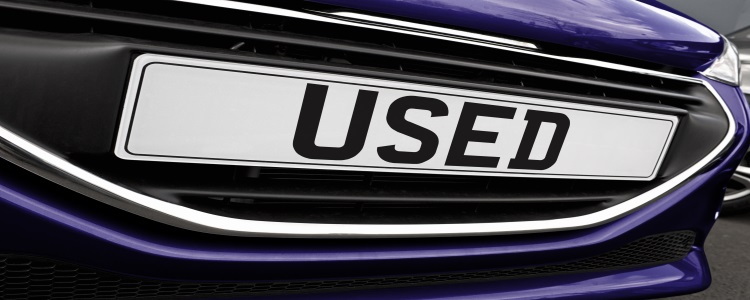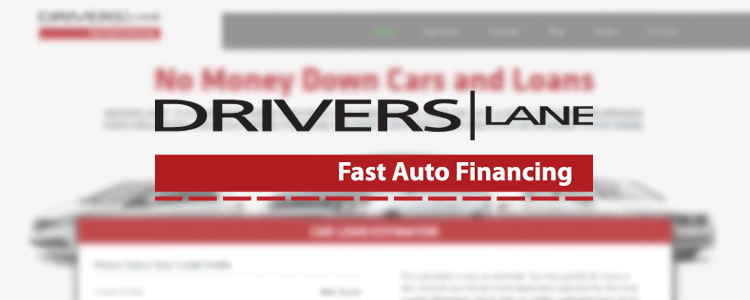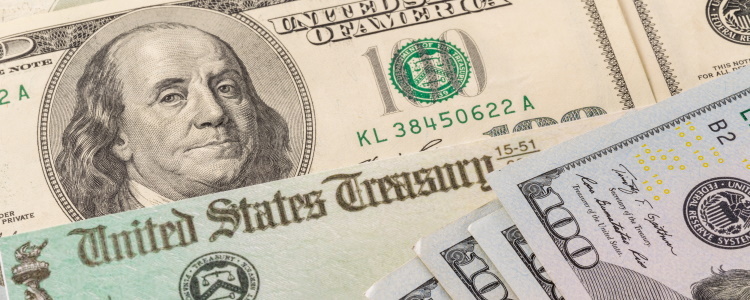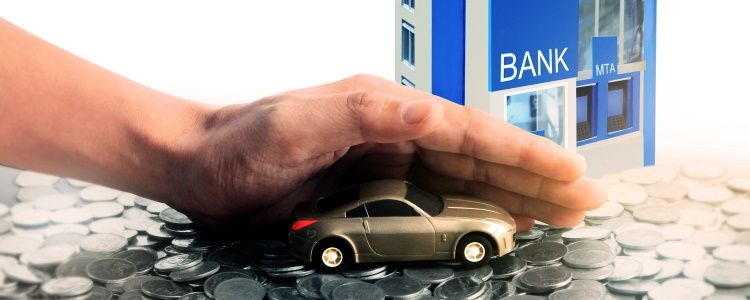When you start looking at cars to buy, it can seem like the opportunities are endless. Whether it is a brand new car, or it is simply new to you, you're excited to get the deal done and get on the road. You have the job, you have the money…but are you truly ready?
While you may have a steady job and a healthy income, there are other factors that will come into play with vehicle ownership. Have you thought about what effect your credit history will have on the loan? Have you taken into account the other expenses that will come with your vehicle choice? If not, read on.
Your Credit History and Your Car Purchase
If your credit is damaged, it is even more important to have a structured budget because your auto loan will have a higher interest rate. Of course, if you have avoided credit and have never accumulated any debt, you might think that this won't be an issue for you. Unfortunately, this is not the case - car buyers with no credit can be just as susceptible to higher interest rates as buyers with bad credit, because without a credit history of any kind, lenders will have no way of gauging how reliable you will be at repaying the loan. You will still represent a high risk to them.
The Monthly Auto Loan Payment Is Just the Beginning
Then there are additional costs of ownership. You will want to ensure that you have left room in your budget for the following crucial items.
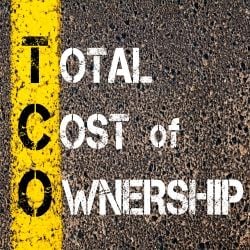
- Insurance
The lender will require that you have a full coverage car insurance policy when you are financing a vehicle through them, and that can be expensive, especially if you are accustomed to only having the minimum liability and damage coverage, or PL/PD. Of course, PL/PD is cheaper, as it doesn't include very much when it comes to what happens to your vehicle. Lenders want you to have a full coverage policy in order to get reimbursed for as much of the vehicle's value as possible in the event of a total loss.On top of that, the insurance rate will vary based on your age, location, driving record, credit score (in most states) and the type of vehicle you are buying. So, before you get too attached to a certain vehicle, you should get a quote on a policy from your current insurance provider and compare those rates with competitors. - Maintenance
It doesn't matter if your car is fresh from the assembly line or a used vehicle, you should get an idea of how much will it cost to keep your car running well. It's possible that unexpected issues will come up, and routine oil changes and other maintenance work need to be accounted for. Make sure that you leave room in your budget to ensure that the unexpected won't break the bank. - Registration costs
Your vehicle's registration fee will be dependent on what type of car you purchase. Common factors include weight, age, and purchase price. While this fee may lessen with each passing year, if you are going to be dealing with an expensive registration fee for a number of years that you may not be able to handle, you might want to reconsider your choice. Make it a best practice to check with your local DMV to find out all the details before you sign on the dotted line. - Fuel
If you don't have the money to fill up your gas tank, then, frankly, your new purchase is useless. Take time to estimate what you will be spending in gas per month for your new car.
Driving for the Future
If you know you're ready to make a car purchase, or you simply cannot wait for your credit to improve before buying, Drivers Lane is ready to help you. We have access to a nationwide dealer network who work with lenders that specialize in approving car buyers who have no credit or bad credit. Fill out the quick and easy online application today, and we will connect you with the car dealer in your local area that can help you get back on the road. Start today.


